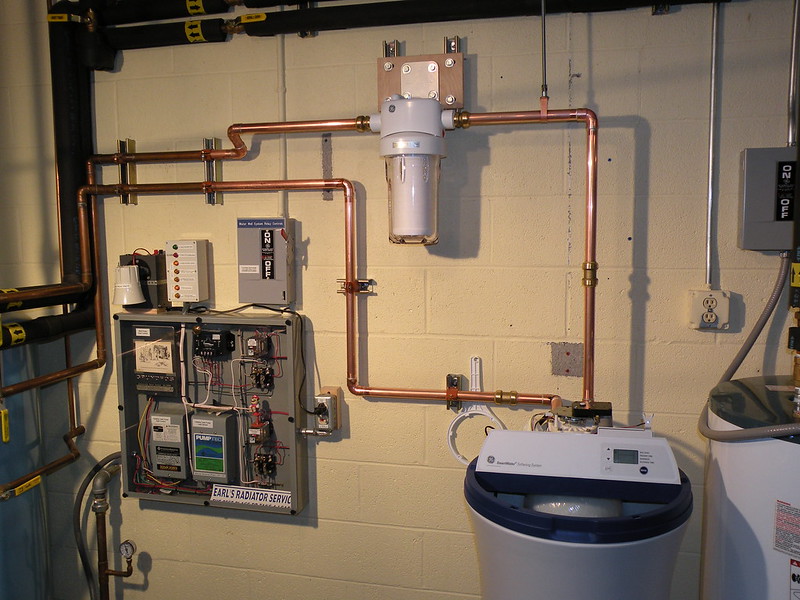Water softeners are used to increase the amount of magnesium and calcium ions in water. It only happens when hard water is present, making healthy water an excellent place to install a softener because it is not treated with chlorine like other water sources.
Well water contains more minerals than other relatively untreated or lightly treated drinking water, which makes it highly likely to be very hard.
Here is the best well water softener guide that will explain the benefits of using this system at home.
Improved Quality of Life with Less Hard Water Problems
One single water softener can eliminate most problems you will experience in the house due to hard water, including:
-Increased costs for buying laundry detergents that are better suited for removing hard water stains.
-High mineral content is responsible for clogged drains and other plumbing issues.
-High mineral content is responsible for the low quality of clothes after laundering because it leaves residues that can be seen upon drying.
-Skin dryness, rashes caused by the use of water with high levels of minerals.
-Having to buy bottled water for drinking at home due to the complex water taste in tap water.
Healthier Drinking Water Quality
If you have well water, your water may also be high in minerals, affecting its taste. A whole-home water filtration system can remove most of the contaminants found in drinking water from your well or water treatment plants, preventing these debilitating health conditions.
The global water softener market is expected to reach $33.70 billion by 2024.
The previous section explained how minerals in hard water could affect clothing and other items, but you should also know that these materials are not safe for consumption or inhalation. Another main benefit of using a well water softener is that it will make your drinking water healthier.
However, the important thing to remember if you decide to use well water softeners is that the resin beads need to be replaced after a certain period because they can become saturated with calcium and magnesium if your water continues to be hard.
Easier Water Heater Management
A third benefit of using a well water softener relates to managing the water heater.
If you use a water softener, the calcium and magnesium that are no longer in your drinking or laundering water will end up accumulating in the water heater.
It means fewer deposits and clogs in the system and an increased lifespan for this appliance.
Better Home Water Quality All-Around
The benefits of well water softeners mentioned above affect only the water you can see and touch, but another crucial benefit is not as apparent. When your well is no longer exposed to excessive concentrations of minerals in hard water, pipes and other parts such as heating elements in appliances will be better protected against damage due to corrosion.
Water softener systems for well water use a set of resin beads that contain sodium ions; when hard water is sent through the system, calcium, and magnesium exchange places with sodium and then flow down to the drainage field as waste material.
Reduced Energy Costs for Water Heater and Other Appliances
Another benefit of having a well water softener in your house is the reduced energy consumption for appliances.
The reason is that scaling doesn’t occur as much if your water contains more minor minerals, which means that heating elements will not be exposed to high temperatures as often. It allows the system to use less electricity for heating water.
Water softeners are also used on industrial scales at manufacturing facilities and other locations where machinery needs to be protected against corrosion.
With this best well water softener guide, you know that soft water is not limited to your household appliances. It also includes healthier drinking water and better quality of life due to fewer hard water issues around the house.


